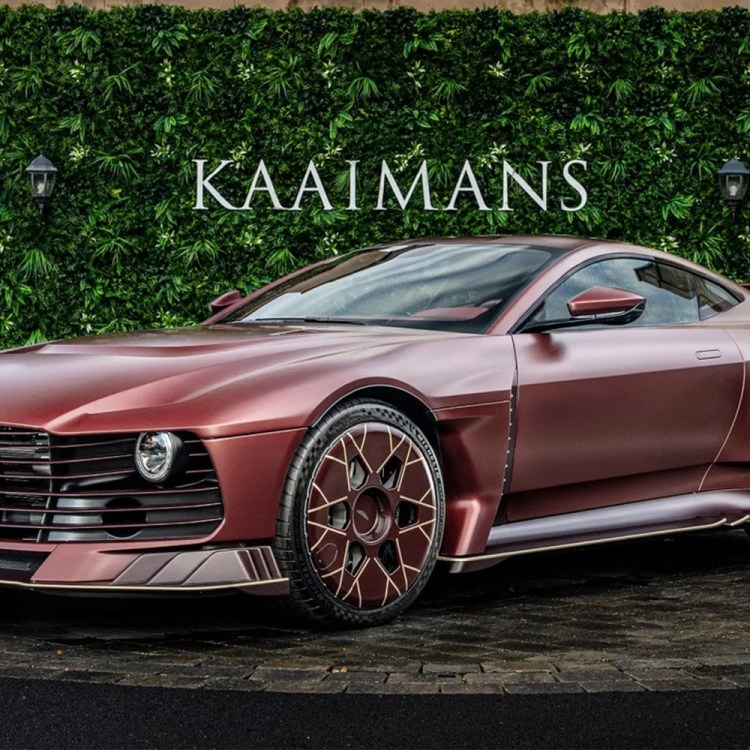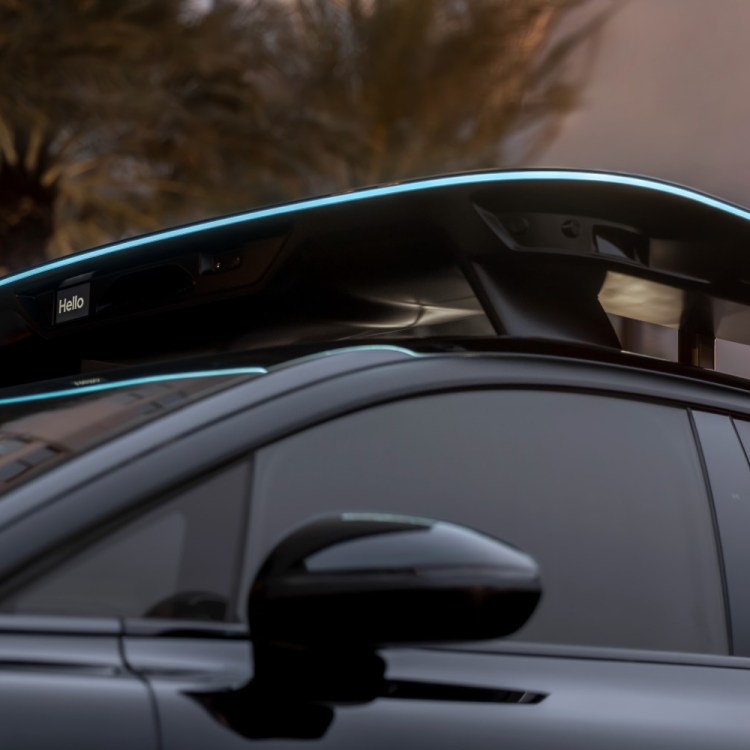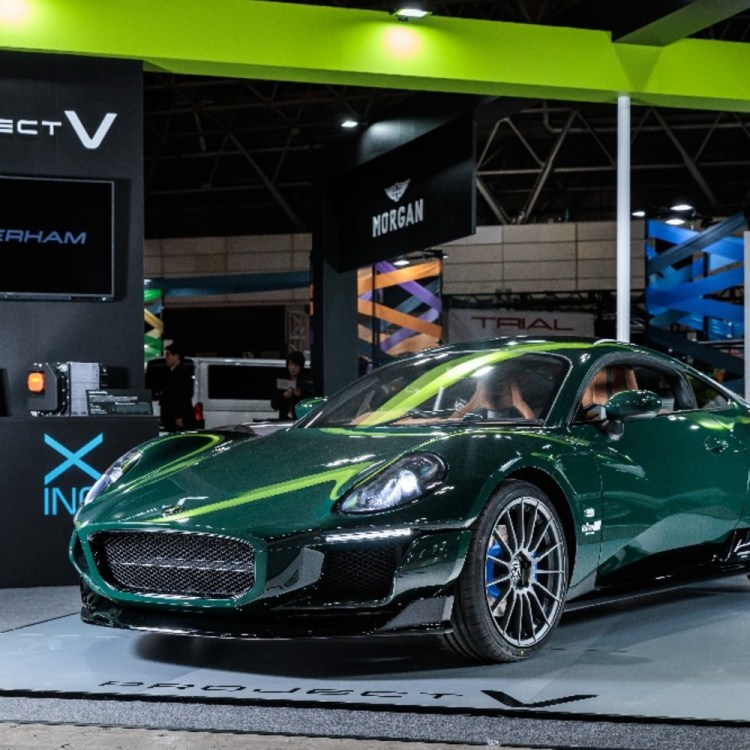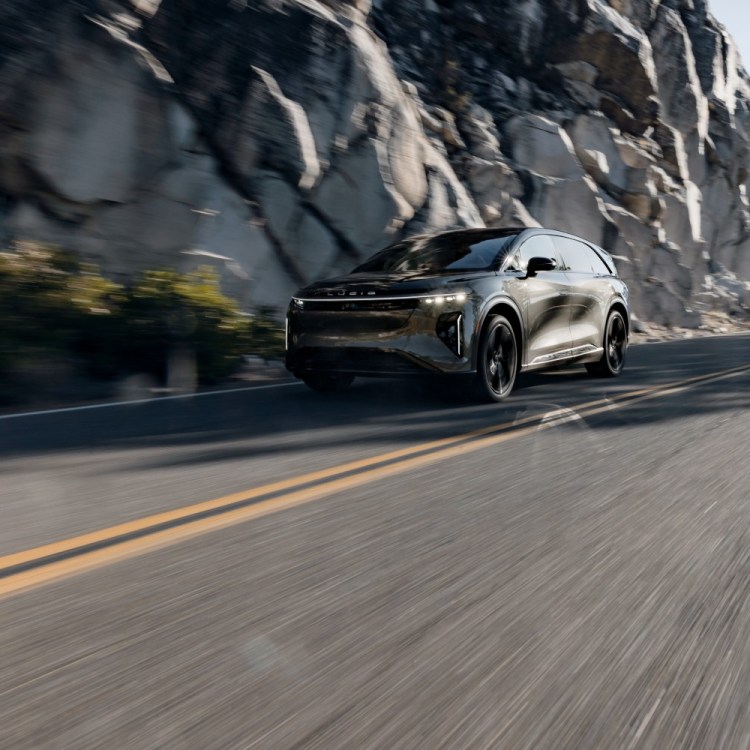
Mercedes-Benz’s Croove service joins the sudden deluge of automakers investing in, or creating their own, ride-sharing services.
Croove, which is only available in Germany at the moment, is a peer-to-peer service that the company describes as “Airbnb for cars.” Mercedes-Benz owners can register their cars (provided that their cars are in good shape and younger than 15) with the service, through which registered drivers can also rent them.
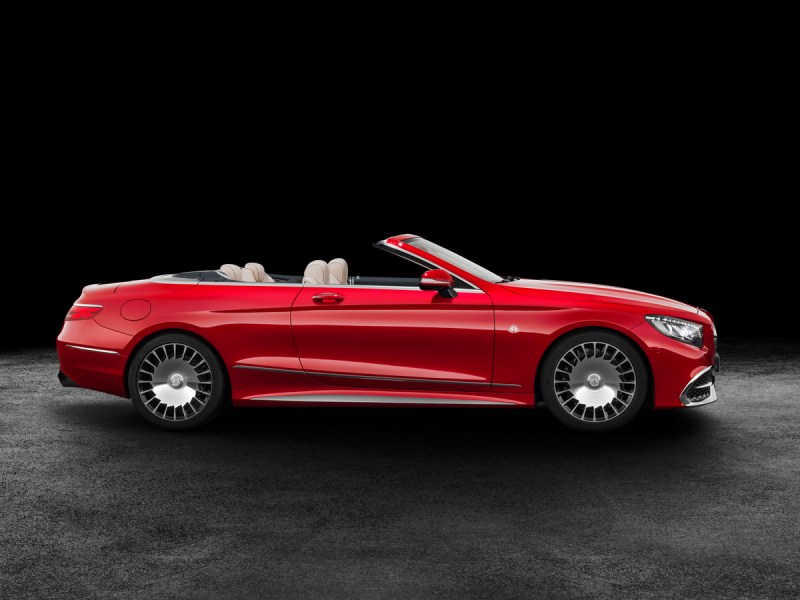
Other auto brands have made similar moves recently. BMW’s ReachNow service, currently being tested in Seattle, is a car-sharing program that allows users to rent each others’ 3 Series, Mini Cooper, or i3 vehicles. GM’s Maven service targets college students with a loose imitation of Zipcar, allowing users to request Chevrolet vehicles through a smartphone app.
Cadillac’s Book by Cadillac service, meanwhile, is more of a car-swapping program. For $1,500 a month, users can swap between current year Cadillacs up to 18 times a year, without paying registration, insurance, or maintenance fees.
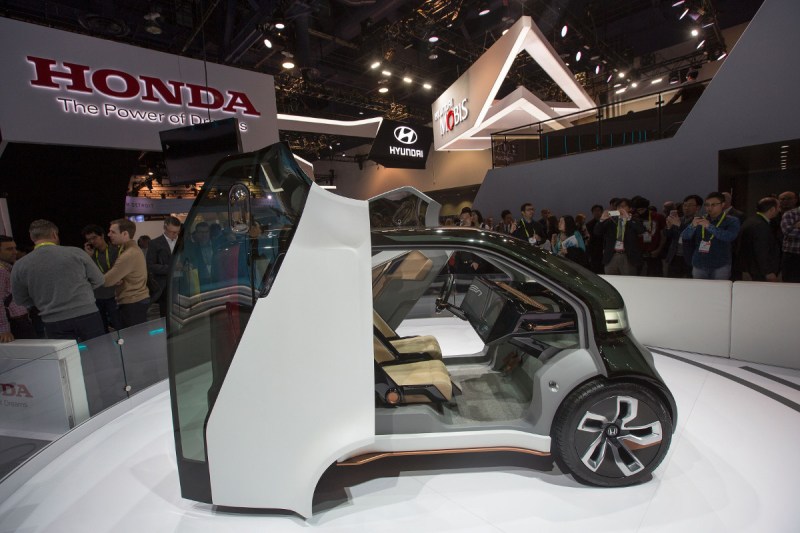
Honda’s NeuV, which just premiered at CES, is perhaps the boldest move yet: a vehicle designed for the ride-sharing market. Both electric and self-driving, the NeuV can potentially be programmed to drive other passengers around when its owner isn’t using it.
This trend of starting ride- and car-sharing services (or partnering with existing ones) is a reaction to the success of companies like Uber, Lyft, and Zipcar, but there’s a longterm strategy here as well. The idea is that auto manufacturers are making themselves a presence in the lives of young people, who don’t own cars yet but will be looking to buy them once they start careers and families. If they already have a positive relationship with certain manufacturers through a ride-sharing service, the odds of them buying from those manufacturers increases exponentially.
—RealClearLife Staff
This article appeared in an InsideHook newsletter. Sign up for free to get more on travel, wellness, style, drinking, and culture.

















